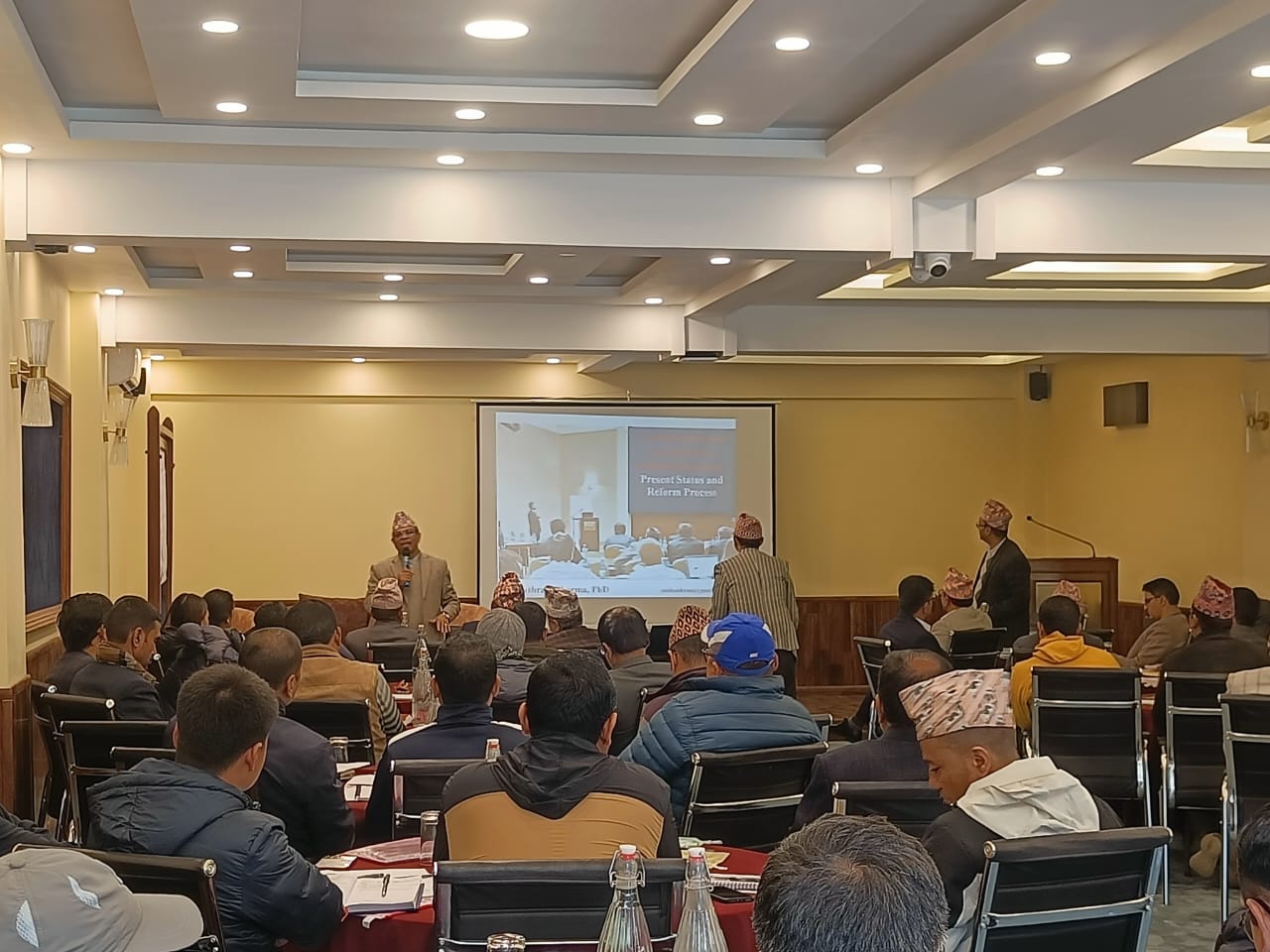Have Any Questions?

×


Water Asia International Pvt. Ltd.
Contact Info
Office Address
Jawalkhel, Lalitpur Nepal
UK Office
England and UK



